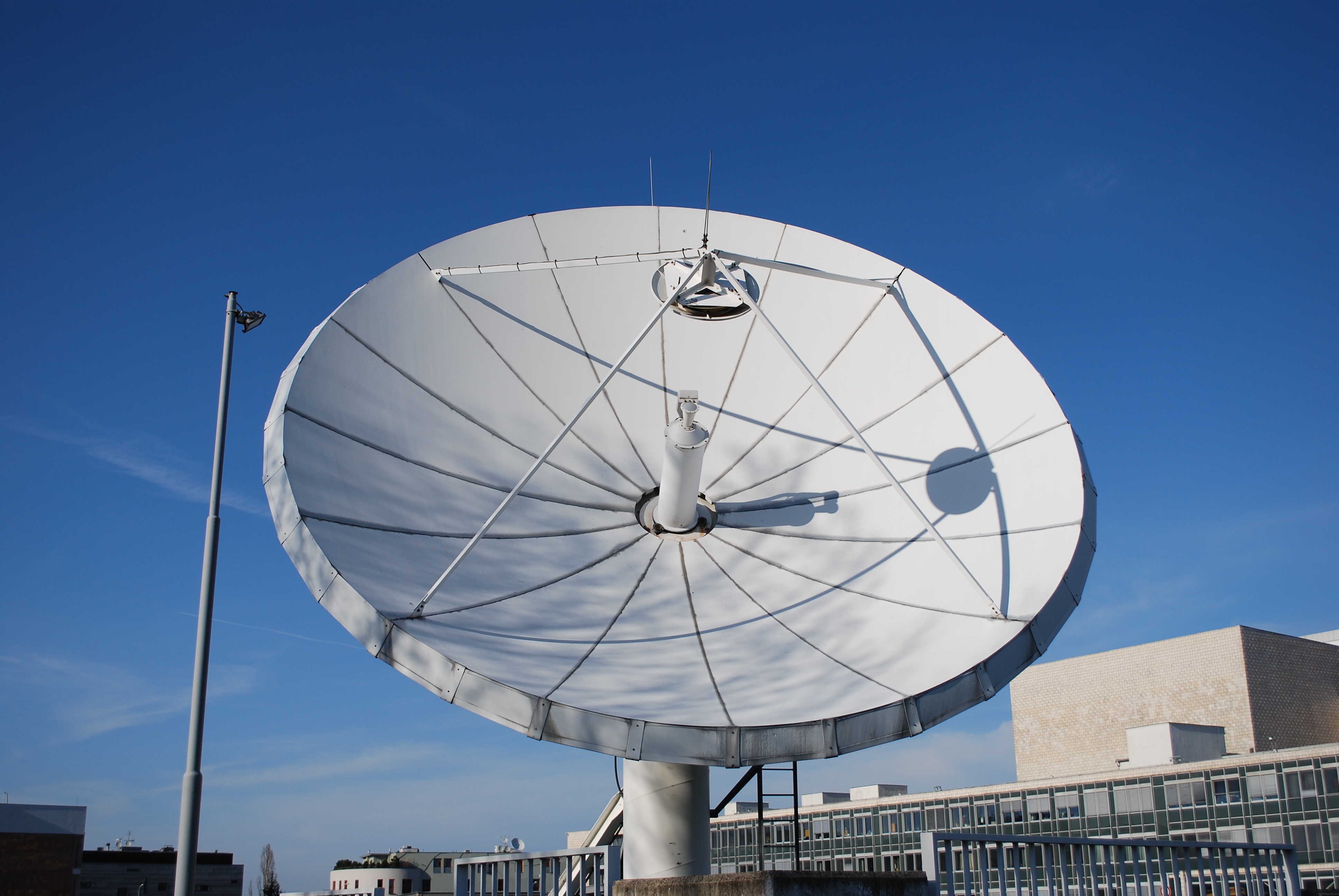ACAC Asks Court to Force Stay of FCC Lump Sum C-Band Payment Deadline
Asks court to block deadline for election

The smarter way to stay on top of the multichannel video marketplace. Sign up below.
You are now subscribed
Your newsletter sign-up was successful
The ACA Connects is asking a federal court to step in and stay the FCC's Sept. 14 deadline for earth station operators, which includes cable operators, to elect a lump sum payment for moving to the upper portion of C-Band spectrum to make way for an auction of the lower portion for 5G.
The original deadline was Aug. 31, but the FCC extended it. ACAC asked the FCC to stay the deadline and reconsider the underlying decision, and also asked for a decision on the stay by Aug. 26, which did not happen.
"To date, we have not released any such ruling," said an FCC spokesperson.
Electing a lump some means "irrevocably waiving other compensation," said ACAC, so it wants the FCC to get the payments right, something it said is not the case currently. "The deficiencies in formulating the lump-sum amount could indefinitely defer fiber-optic deployment that would allow upgrades and expansion of broadband access in areas served by ACA Connects’ members," it said.
ACAC filed a writ of mandamus with the U.S. Court of Appeals for the D.C. Circuit asking it to stay the Sept. 14 deadline given that the FCC has yet to provide an answer on whether it will do so. That means that the FCC's decision is not final, which requires the writ of mandamus filing, which is to block an agency move even if the agency has not rendered and appealable final decision.
ACAC said the FCC decision on the lump sum payments were "the product of secret meetings with a handful of unidentified stakeholders" and "rests on undisclosed data and an impossible-to-reproduce methodology."
Related: FCC Extends C-Band Lump Sum Payment Deadline
The smarter way to stay on top of the multichannel video marketplace. Sign up below.
The FCC is paying cable operators and other earth station operators to move off the lower portion of the band so it can auction it for 5G, giving them the option of itemizing expenses or a lump sum.
ACA Connects has issues with what the FCC is and isn't paying for, and asked it to stay the Aug. 31 deadline. It wanted a decision by Aug. 20. It also wants the FCC to review the decision to approve the cost catalog for the move, a catalog it said is lacking.
In the FCC stay petition. ACAC said that the cost catalog decision "is inconsistent with the Commission’s C-Band Order, rests on arbitrary and capricious reasoning, and was developed in violation of the Administrative Procedure Act’s public-notice and disclosure requirements."
In a move last month that ACAC had signaled could land the FCC in court, the Wireless Telecommunications Bureau released the final cost catalog for C-band relocation expenses and lump sum elections and it did not include compensating cable operators for integrated receiver/decoders (IRDS), as ACA Connects and other cable operators had pushed for.
Including the IRD costs would make it easier for cable ops to move to fiber delivery, but the FCC said the lump sum was meant to approximate the cost of moving earth stations, not moving to a new distribution technology.
“If MVPDs are forced to make an immediate, irrevocable decision whether to accept the FCC’s Wireless Telecommunications Bureau’s deficient lump-sum amount, they will have a strong incentive to forgo the lump-sum option and choose earth station relocation -- even if upgrading to fiber would be less costly overall. The added public benefits from fiber upgrades would be lost. And once lost, those benefits cannot easily be salvaged,” said ACAC president Matt Polka.
Contributing editor John Eggerton has been an editor and/or writer on media regulation, legislation and policy for over four decades, including covering the FCC, FTC, Congress, the major media trade associations, and the federal courts. In addition to Multichannel News and Broadcasting + Cable, his work has appeared in Radio World, TV Technology, TV Fax, This Week in Consumer Electronics, Variety and the Encyclopedia Britannica.

